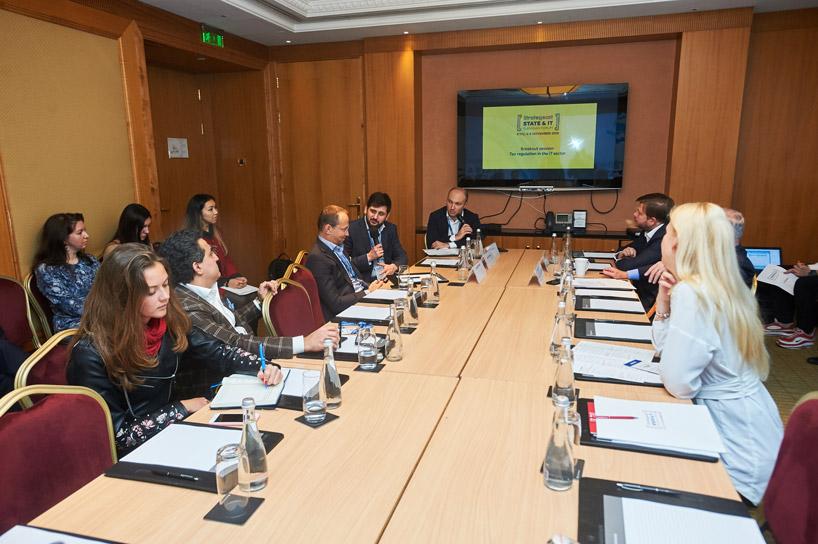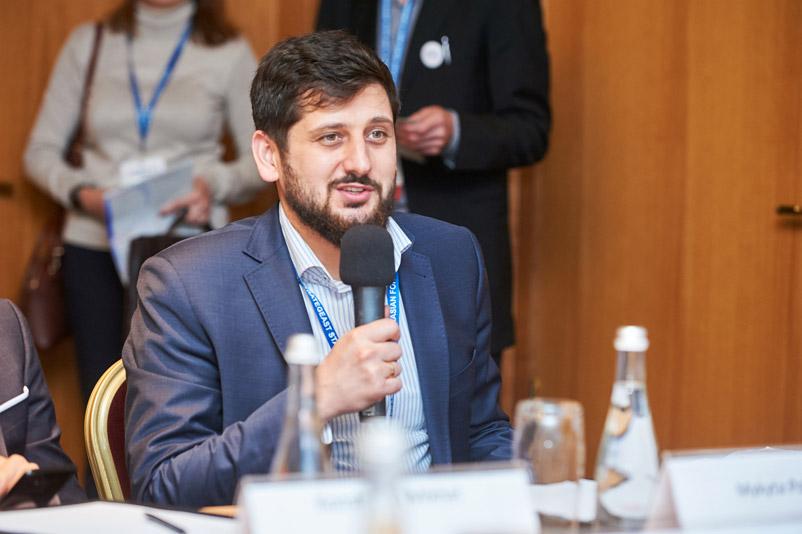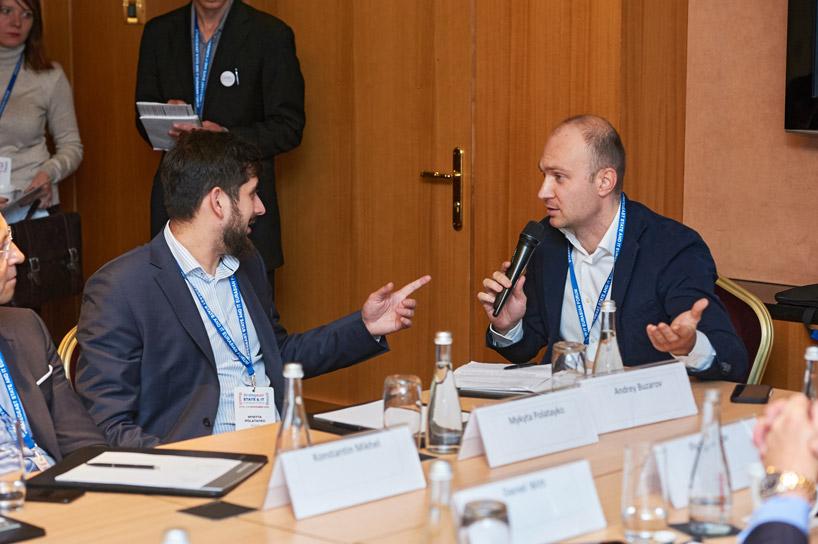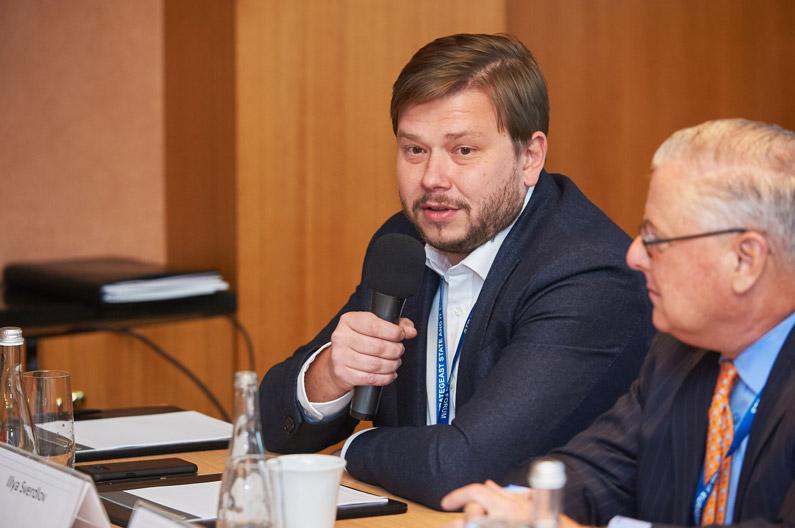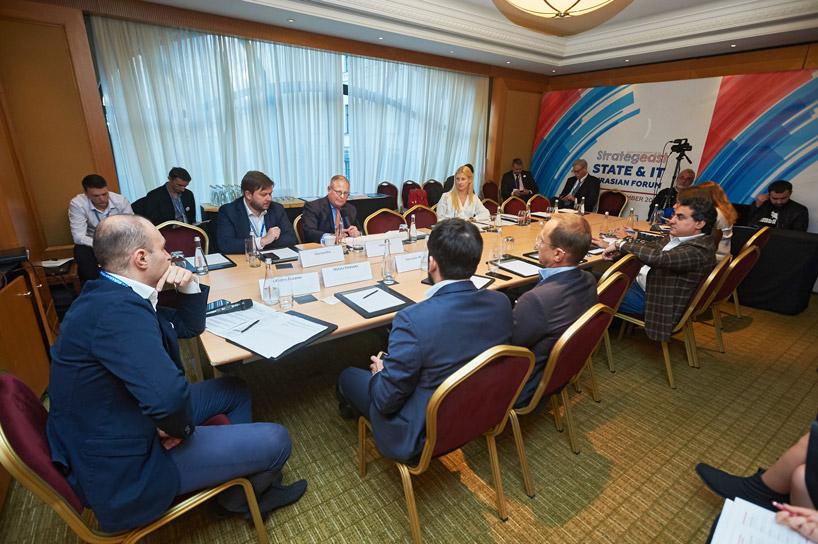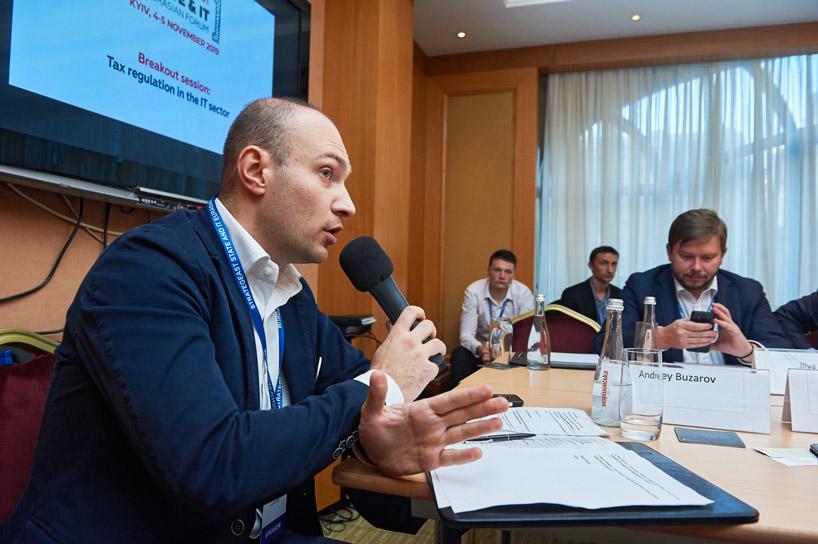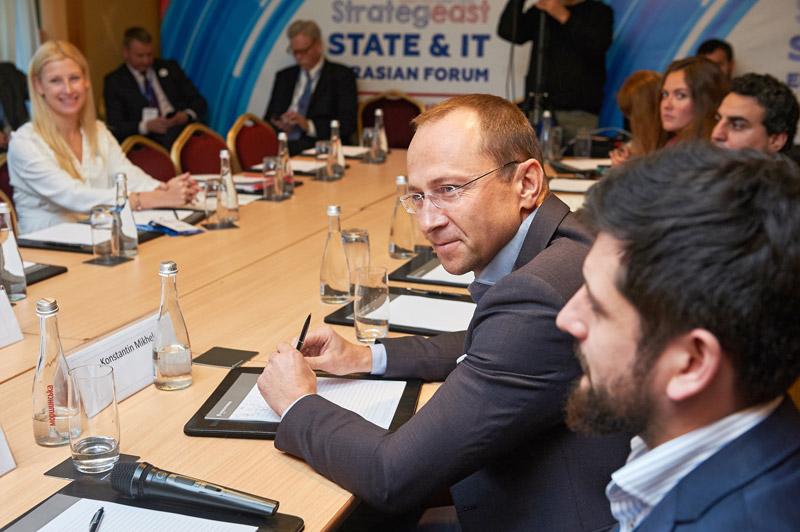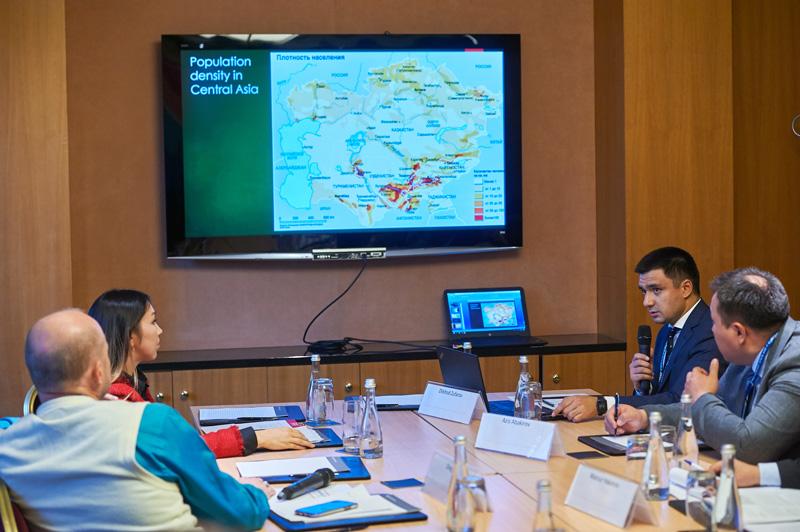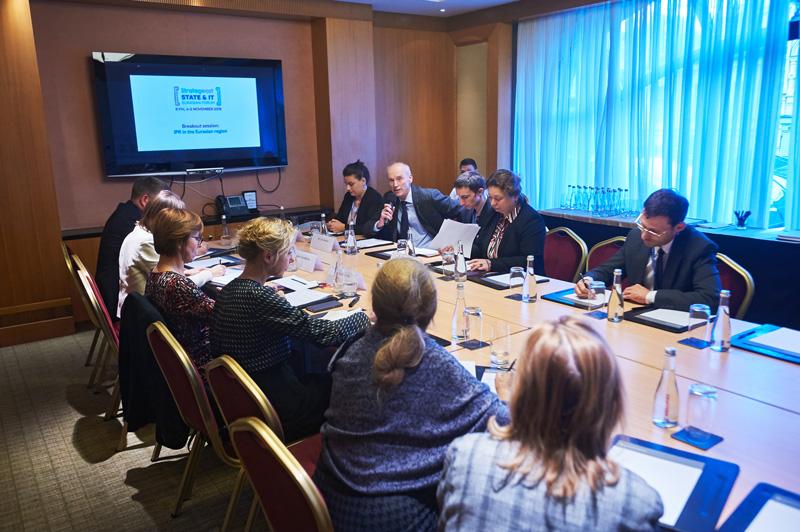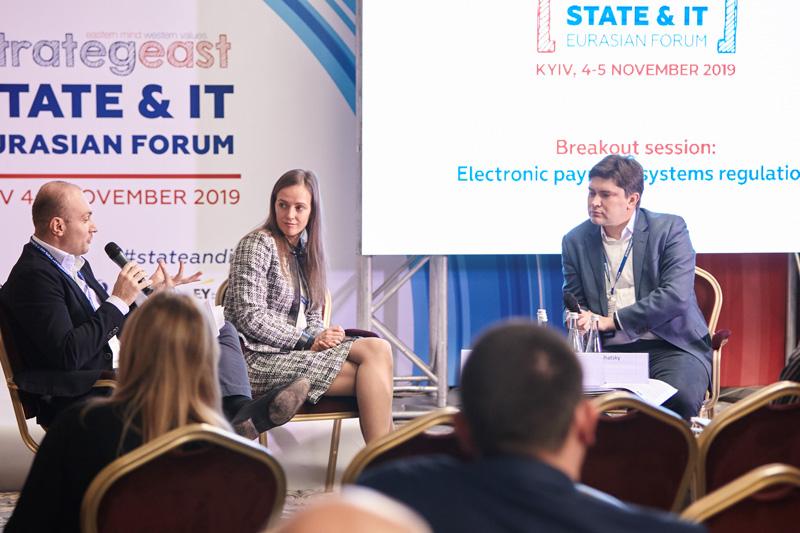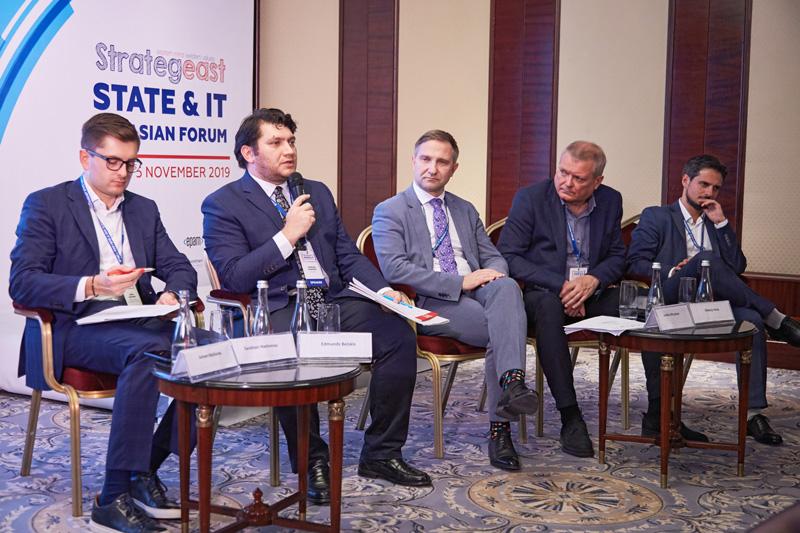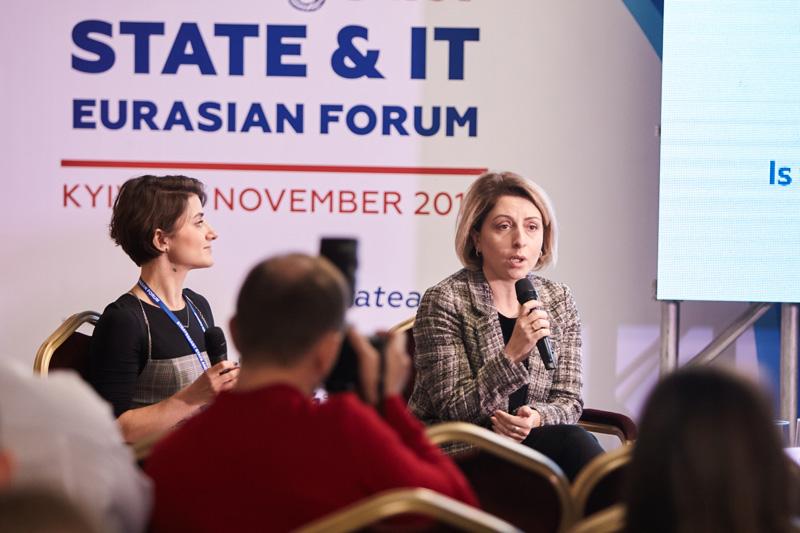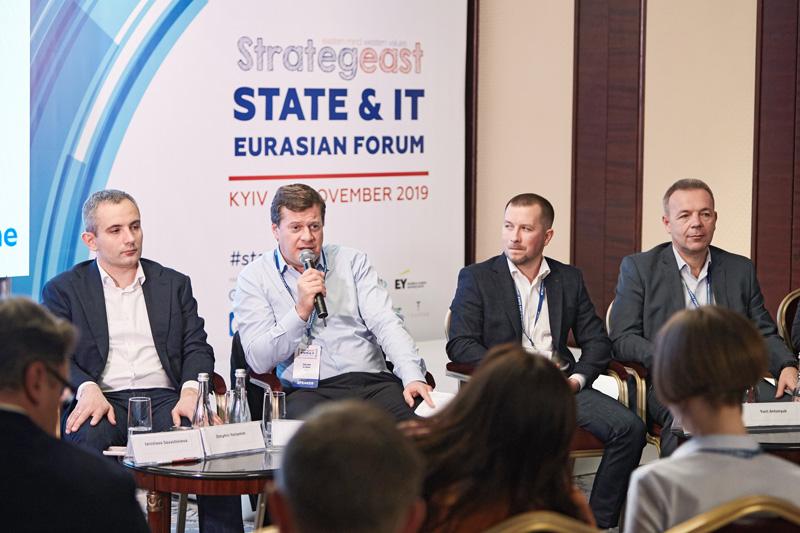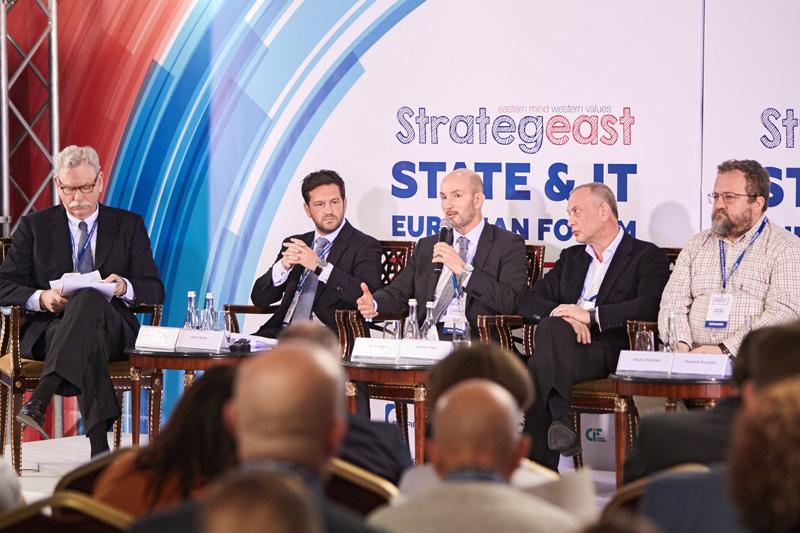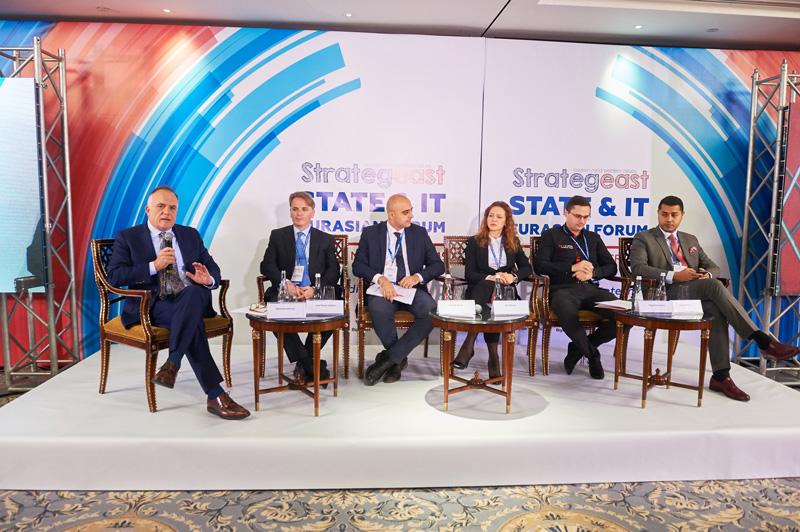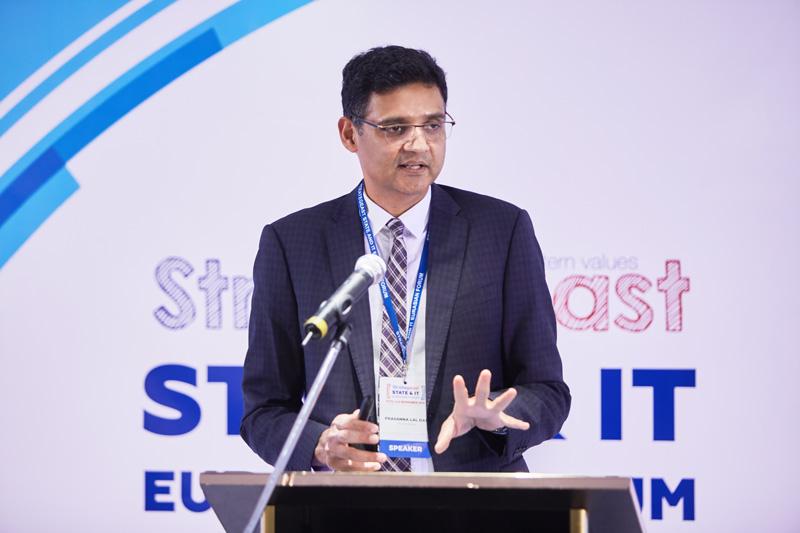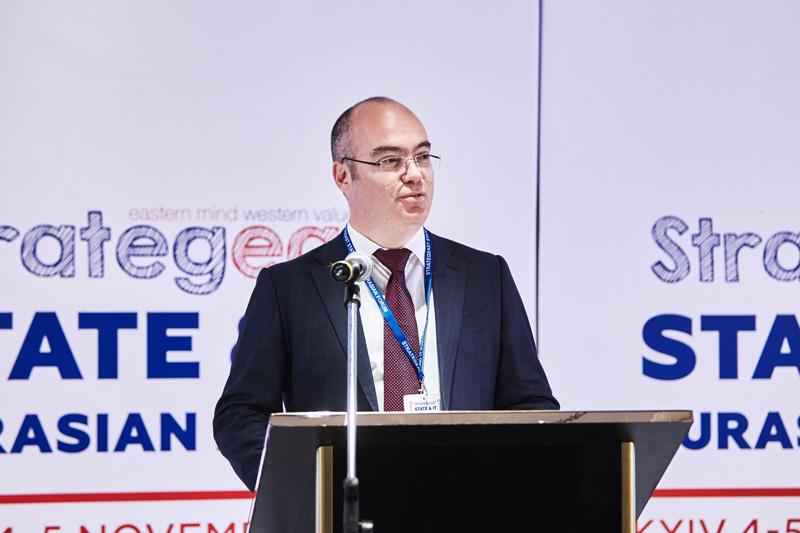![]() Presentation by Konstantin Mikhel, VMP Vlasova, Mikhel and partners
Presentation by Konstantin Mikhel, VMP Vlasova, Mikhel and partners
Download
The material is prepared based on speeches at the panel session ‘Tax regulation in the IT sector’. The speakers on the panel: Andrey Buzarov, Kyivstratpro (moderator); Konstantin Mikhel, VMP Vlasova, Mikhel and Partners, law office responsible for the IT legislation in Belarus; Mykyta Polatayko, Head of IT Practice, AEQUO law firm; Iliya Sverdlov, Partner, DLA Piper; Daniel Witt, President, International Tax and Investment Center (US).
In Ukraine, like in many other European countries there are no tax incentives for development of the IT industry. However, tech companies in the country have very common practice of engagement of individual contractors instead of employees, which offers around 30% tax savings for the companies, thus reducing the administrative cost for running a business, and all the state bodies are well aware of it. IT services purchased from Ukrainian independent contractors are not subject to Ukrainian VAT. Ukrainian independent contractors are mostly registered under the “unified tax regime” and thus liable for the “unified tax,” with a rate ranging to 5% of their earnings. Only 2-3 companies out of top-50 employ developers, while most IT businesses engage independent contractors, and this is the reason for such a quick rise of the IT industry in Ukraine.
The new government of the country has offered specific tax regime for developers and other creative industry workers. It is well known as fifth group of unified tax, under which the employees will pay from current 5% to 10% from their revenue as taxes, and the government will treat them like independent contractors and will not impose any liability for such deviation. The concept of amending the taxation for IT industry was announced about three months ago but there is no draft law published yet, and the idea is perceived quite differently in Ukrainian society, even within the IT industry.
Engaging independent contractors, on the one hand, is a pillar on which the whole industry stands. On the other hand, it is a big risk, because tax authorities may still requalify the existing independent contractor relationship into labor, and if that happens, they can assess additional taxes. The other question is whether independent contractors remain independent, as their entrepreneurial activity is incorporated in tech companies’ activities.
At the same time, Ukraine provides incentives for distribution of software, under which Ukrainian entities may export software services without VAT, and they can import software as a product to Ukraine without VAT, but Ukrainian entities may not provide development services without VAT within Ukraine. Therefore, there is a preference for foreign companies developing software and a very good framework for them to distribute their products in Ukraine. Ukrainian tax regulation helps foreign players use Ukrainian resources to do business, but there no tax regulations promoting creation of products in Ukraine.
The panelists agree that Ukraine needs to have policy developed in order to bring more product value and more income related to product value into Ukraine. Some options proposed to achieve this include transfer pricing, permanent establishment and allocation of profits to permanent establishment, tax benefits for companies, which hire IT specialists, tax incentives for companies, which sell tech products in Ukraine. Importantly, these measures should not be aggressive, the policy voiced out by the government.
In 2005, Belarus has introduced special conditions for the IT sector, which gave rise to famous brands from the industry. The presidential decree provided tax preferences, new regime of conducting IT business in general and, as a result, gave new impulses to development of IT sector. High Technology Park (HTP) was established in 2005 by a special Decree of the President of the Republic of Belarus. HTP is aimed at attracting IT companies and providing them with tax incentives.
The benefits for High Technology Park residents include:
- Corporate income tax exemption
- VAT exemption on the turnover of the sale of goods (work, services, property rights) within the territory of Belarus
- Real estate tax exemption
- Customs duty and VAT exemption for technological equipment imported by HTP residents
- Reduced withholding tax for dividends, interest and royalties of 5%, unless a more preferential regime is provided by Double Tax Treaties
- Reduced individual income tax of 9%
- Offshore duty exemption
- Obligatory insurance fees are not charged for income of employees of HTP residents, when it exceeds the amount of a one-month average wage in Belarus.
The adoption of advanced legislative framework in Belarus encouraging the development of the IT industry contributed to growth of export and the number of employees in this sphere. This year Belarus has more than 60,000 jobs in IT sector. Every IT sector professional paid approximately $7,000 per year as taxes. In terms of exports of IT services, revenue per capita for Belarus comprises $108, whereas in US it is $16; in India – $40, and in China – $20. Introduction of special conditions for conducting business in the IT sector in the country prevented many entities from relocating to jurisdictions outside of Belarus. Still there is potential to raise the IT industry indicators.
The growth in IT sector in the US was possible largely due to strong educational system and a very light touch of regulation. Investors were able to keep more of their money versus giving it away to the government.
Eurasian countries experience common threats – lack of predictability and stability. Technological companies need stability, and they are ready for a little bit higher tax burden to get confidence that the process is predictable. Relations between the government and businesses should be predictable in the long run. It is necessary to have crystal clear rules, starting with no retroactive application of taxes. The governments of Eurasia need to look for a principled approach to encourage innovation and to attract and retain investment in the IT sector. The following measures are believed to help the IT sector flourish.
- Development of IT tax incentives. At the same time, it should be competitive tax regime, which does not need to be a special regime. Tax burden should not be onerous or punitive.
- Deregulation of IT services industry, a very light touch of government interference.
- Introduction and proper functioning of independent court systems.
- Private property rights protection.
- High quality of special education in IT.
- Policies on special treatment to create, grow and retain human capital.
Those are the main pillars to achieve progress and prosperity for the IT sector. The challenge is to come up with a principled approach to attract further investment and growth in this sector. Taxes and regulations impact human behavior and this is most fundamental in business, as the business is largely driven by entrepreneurs. The level of trust influences the willingness to make investments, which makes almost an implicit contract between the government and the business.

